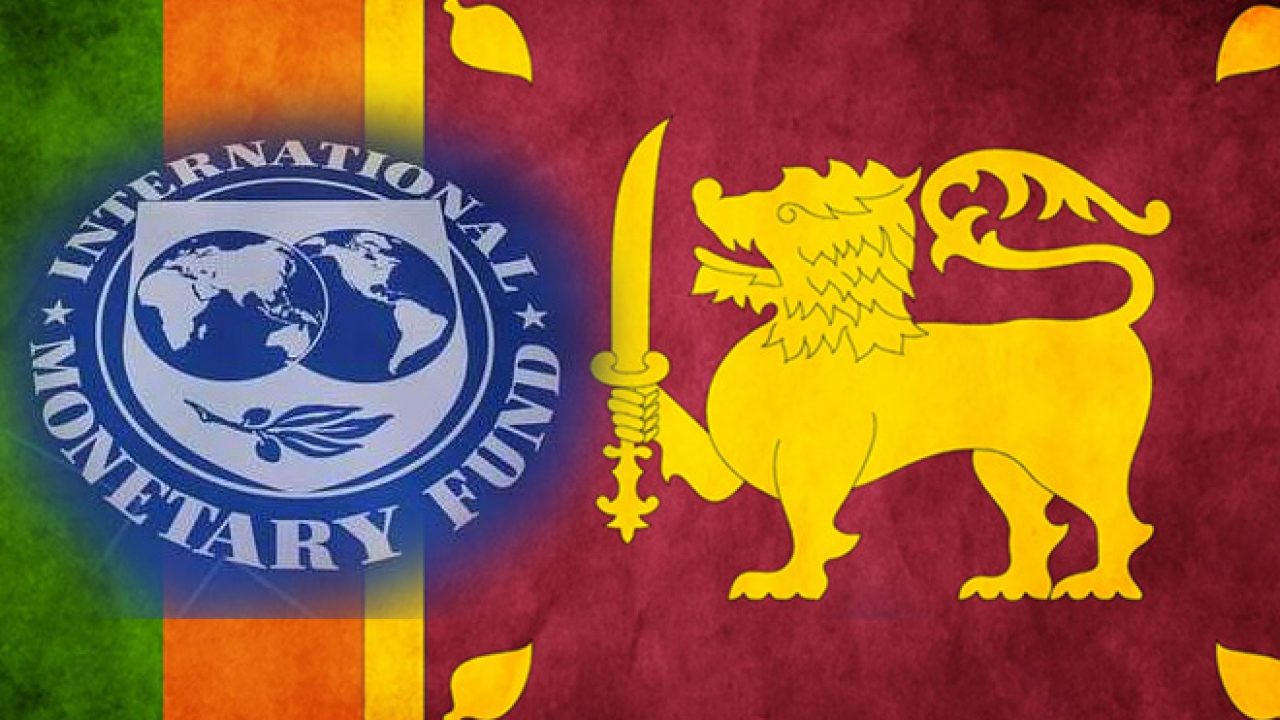As Sri Lanka navigates its way through the economic crisis, it remains imperative to protect the poor and the most vulnerable that have been disproportionately affected by the crisis, said Kenji Okamura, Deputy Managing Director of the International Monetary Fund (IMF).
He said that the economic reform program aims to achieve macroeconomic stabilization, restore debt sustainability, safeguard financial stability, strengthen governance, and protect the vulnerable.
“Sri Lanka’s economy is showing tentative signs of improvement, in part due to the implementation of critical policy actions. But the economic recovery remains challenging. Now, more than ever, it is essential to continue the reform momentum under strong ownership by both the authorities and the Sri Lankan people,” he added.
“I was encouraged by the authorities’ commitment to negotiate a debt strategy in a timely and transparent manner. Continued open dialogue with the creditors will help to reach restructuring agreements to restore debt sustainability in line with the program targets. Undoubtably, safeguarding the stability of the financial sector is of utmost importance in this process,” stressed the Deputy Managing Director of the International Monetary Fund (IMF).
Mr. Kenji Okamura, Deputy Managing Director of the International Monetary Fund (IMF), issued the following statement at the conclusion of his visit to Sri Lanka, which followed the approval on March 20, 2023, by the IMF Executive Board of 48-Month arrangements of about US$ 3 billion under the Extended Fund Facility (EFF) with Sri Lanka:
“I wish to thank President and Minister of Finance Wickremesinghe, Governor Weerasinghe, Speaker Abeywardhana, Minister of Foreign Affairs Sabry, Minister of Justice Rajapakshe, State Minister of Finance Semasinghe, State Minister of Investment Promotion Amunugama, Secretary to the Treasury Siriwardana, and senior government officials for their hospitality, and parliamentarians and representatives of the private sector for their engagement. I very much appreciated the constructive discussions I had during my visit, which allowed me to deepen my understanding of the challenges Sri Lanka is facing and to reiterate the IMF’s commitment to support Sri Lanka’s efforts to surmount these challenges.
“I welcomed the authorities’ strong commitment to implement their ambitious economic program which is supported by the IMF. The economic reform program aims to achieve macroeconomic stabilization, restore debt sustainability, safeguard financial stability, strengthen governance, and protect the vulnerable. Sri Lanka’s economy is showing tentative signs of improvement, in part due to the implementation of critical policy actions. But the economic recovery remains challenging. Now, more than ever, it is essential to continue the reform momentum under strong ownership by both the authorities and the Sri Lankan people.
“The current economic crisis has its genesis in policy missteps aggravated by external shocks. We discussed the importance of fiscal measures, in particular revenue measures, for a return to macroeconomic stability. I was encouraged by the authorities’ commitment to negotiate a debt strategy in a timely and transparent manner. Continued open dialogue with the creditors will help to reach restructuring agreements to restore debt sustainability in line with the program targets. Undoubtably, safeguarding the stability of the financial sector is of utmost importance in this process.
“I had the privilege to visit the Parliament building, an architectural marvel, designed by Sri Lanka’s very own renowned architect. While meeting with the Parliamentarians, we discussed the importance of strengthening governance, which is a central pillar of the program. The hard-won gains of Sri Lankan people who have relentlessly supported the reform effort can only be safeguarded by good governance.
“During my visit to the dock yard, port terminal, and the port city, I was impressed to see continued economic activity which is a testament to the resiliency of the Sri Lankan economy. I underscored the importance of decisive implementation of structural reforms which can attract investment and boost growth.
“As Sri Lanka navigates its way through the economic crisis, it remains imperative to protect the poor and the most vulnerable that have been disproportionately affected by the crisis. I was heartened to see that the authorities’ have stepped up efforts to increase public spending on social safety nets while improving targeting and coverage for those who need it.
“Lastly, I very much appreciate the excellent, long-standing relations between Sri Lanka and the IMF, and look forward to our continued partnership through the EFF-supported economic program. I will leave Colombo with fond memories of the country and its welcoming people.”


